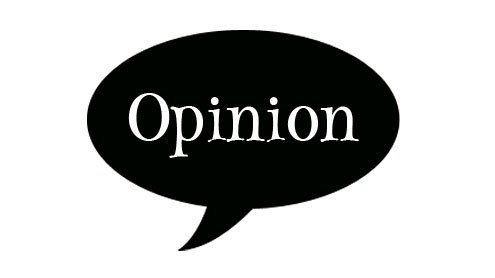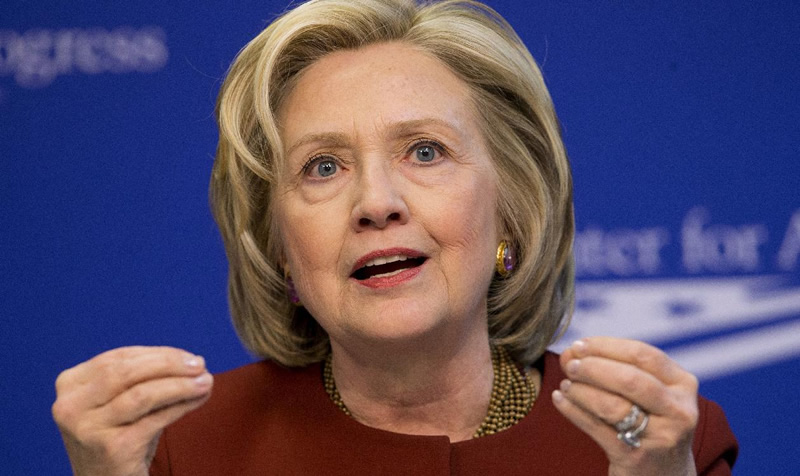 Nonviolent revolutions do not always remain nonviolent, as the examples of uprisings in Egypt, Libya, and Syria in the Arab Spring have shown.
Nonviolent revolutions do not always remain nonviolent, as the examples of uprisings in Egypt, Libya, and Syria in the Arab Spring have shown.
But peaceful movements for regime change often do succeed. They have toppled illegitimate rulers, as with the post-Soviet “colour revolutions” in Georgia and Ukraine, and ended apartheid in South Africa, for example, or, before that, the Jim Crow system in the American South. Non-violent movements broke British rule in India and Malawi, and brought down authoritarian regimes in Chile, the Philippines, and Portugal.
On the surface, most of these cases seem so different from present-day Russia as to be irrelevant to the success or failure of the current protests against Vladimir Putin’s continued rule and the protesters’ call for free, fair, and competitive elections. But which differences are important?
The immediate outcomes of nonviolent movements for political change are not decided by macro-factors such as levels of education, unemployment, or the presence of a modern middle class. After all, civil resistance has succeeded in poor, backward countries, like India, and failed in rich, educated ones, like the Gulf States. Nor do short-term windows of opportunity play a decisive role: no serious economic crisis was needed for Chileans to oust General Augusto Pinochet, and Panama’s Manuel Noriega survived a massive nonviolent protest movement, despite crippling economic problems and divisions within the ruling elite.
Recent research by the sociologists Erica Chenoweth, Maria J. Stephan, and Sharon Erickson Nepstad shows that one factor more than any other determines whether nonviolent struggles succeed: protesters’ decision to adopt nonviolence itself. Indeed, Chenoweth and Stephan have shown that peaceful protests are more than twice as likely as violent confrontation to bring about complete or partial regime change.
But the outcome of civil resistance also depends on the precise methods used. Challenging the regime’s legitimacy and withholding skills and material resources from it are important, as is creating free spaces for dissent and maintaining the movement’s unity and clarity of purpose. Most importantly, as Nepstad has shown, a protest movement aimed at regime change needs to win over critical parts of the police and armed forces.
Conversely, a government that secures the unconditional loyalty of its troops will be able to crush even the most sustained popular protests. Yet it can do so only at the cost of much bloodshed, and a half-hearted or ineffectual crackdown makes the protesters’ triumph much more likely. Given this, what are the prospects for Russia’s current protest movement? So far, it has gotten many things right. It has focused on a single demand: fair elections. It has united liberals, communists, nationalists, and otherwise apolitical citizens in a broad coalition, despite these groups’ mutual disdain and a colossal potential for rifts.
Like the 2000 Serbian uprising against Slobodan Milosevic, the Russian movement has produced an astonishing upsurge in grassroots creativity and political wit. A good example is the recent “nano-protest” in the Siberian city of Barnaul, where police officers were forced to write up a report on a group of Lego figures brandishing slogans. These toy protests have now spread to other cities.
To circumvent biased reporting on state television and bridge the huge distances between Russian cities, the protesters have used decentralised means of communication such as social networks. High-speed Internet connections have penetrated remote corners of Russia in recent years, and blogging services such as LiveJournal have been prominent for a decade. Thus, the Internet plays a more important role than it did in Iran’s abortive Green Revolution or during the Arab Spring.
Nonetheless, Russia’s size could become a liability for the protesters if things come to a head and, say, Putin refuses to accept a defeat in the March election. While there have been regular protests in cities from Stravropol in the south to Khabarovsk in the Far East, only Moscow and Saint Petersburg have seen true mass demonstrations. As in Serbia in 2000 or Ukraine in 2004, where demonstrations played out mainly in the capital cities, Russia’s metropolises have long been hotbeds of dissent. Unlike Serbia and Ukraine, however, provincial protesters would be unable to come to the rescue in case of a showdown.
While army units or riot squads (OMON) stationed in Moscow are too disgruntled by the recent police and military reforms to participate in a bloody clampdown, special-operations forces from the provinces, staffed with veterans of the Chechen war, might cherish the excitement of sticking it to the Moscow fat cats.
But, while some parts of the security apparatus might support an initial crackdown, violent repression would be difficult to sustain. That means that Putin would be well advised to heed the protesters’ demands and call new and fair parliamentary elections. If he opts for violent confrontation, the short-term outcome will be decided by the loyalty of the armed forces. His long-term fate, however, would be much grimmer. – Khaleejnews












